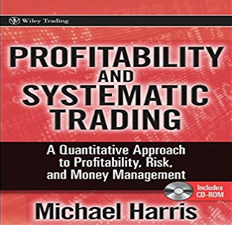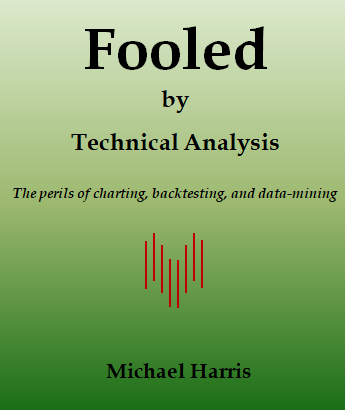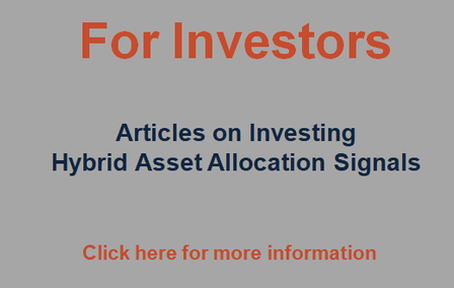If you don’t understand something, don’t short it. Chances are high you don’t understand it anyway, especially if you aren’t a key player in the market or it’s a derivative of some kind.
Tesla stock (TSLA) achieved a trillion dollar capitalization after a 12.7% jump on Monday, October 25, 2021, due to news that Hertz will buy up to 100K cars from the company.
There are no reasons to be unhappy about this development… unless you were short the stock.
Shorting a stock, or any asset for that purpose, requires good understanding of it and the players in the market.
In the particular case of TSLA there are players, such as ARK Innovation ETF, with the stock having largest weight in their holdings at 11.5%. The ETF net assets are nearly 20 billion dollars.
You have to think carefully before you short: do you know better? Does it matter if they are wrong as long as they move the market?
All these years in financial social media I’ve seen relentless bearish posts about TSLA and other high tech stocks from many people. Does it matter whether there were right, if there are players with large purchasing power who think a stock must be there top allocation to the tune of 11.5%, or in dollar terms more than one billion dollars?
I see many traders try to determine the “truth” about valuations using all sorts of indicators and measures. There isn’t such thing and they are wasting their time. Valuations are a thing of the past, the 70s and 80s, maybe part of 90s. Think about it: when NFTs of jpegs sell for hundreds of thousands of fiat, what should be the valuation of a company that makes real innovative products, such as electric vehicles?
Valuations are relative to information asymmetry. If you shorted TSLA earlier this month, you were missing an important piece of information: the Hertz deal.
If there is the slightest chance of information asymmetry, then shorting becomes a losing game. In fact, in most markets there is significant asymmetry due to design of products and pending deals that are not disclosed.
Short positions can offer large gains but at high risks. Shorting derivatives for example, such as crude oil futures, can offer large returns but do you know better than the producers and of any pending market developments?
In the stock market, shorting provides most of the fuel for continuation of the uptrends. In the derivative markets, shorting facilitates transfer of risk from commercials who want to hedge for higher prices and thus go long, to speculators who take the opposite side in hope they will profit. It’s a zero-sum game.
You have to ask yourself: besides hoping to win, what do you know better that commercials don’t.
Shorting can be lucrative but it’s not for 99.99% of the people and I don’t know whether those who profited from it were actually good at it or just lucky.
A final clarification: equity long/short is a different area and can be quantitative as long as it is of short-term nature. The same applies to commodity and forex long/short as long as it has short-term holding period.
Disclaimer: No part of the analysis in this blog constitutes a trade recommendation. The past performance of any trading system or methodology is not necessarily indicative of future results. Read the full disclaimer here.
Charting and backtesting program: Amibroker. Data provider: Norgate Data
If you found this article interesting, you may follow this blog via RSS or Email, or in Twitter.
10% off for blog readers and Twitter followers with coupon NOW10. Click here.







